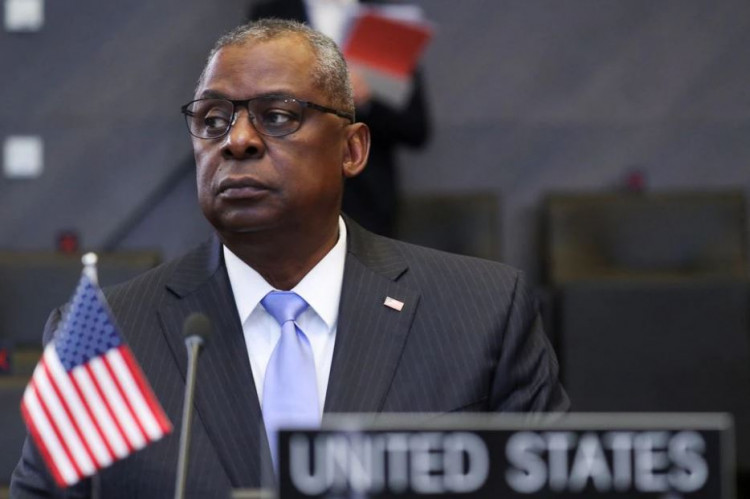U.S. Defense Secretary Lloyd J. Austin III has revoked plea deals that prosecutors had agreed to with three key figures involved in the September 11 terror attacks. The decision, announced on Friday, places the death penalty back in consideration for Khalid Shaikh Mohammad, Walid Muhammad Salih Mubarak Bin 'Attash, and Mustafa Ahmed Adam al Hawsawi, who have been detained at Guantánamo Bay, Cuba, for their roles in orchestrating and supporting the attacks.
These three defendants are accused of providing critical training, financial backing, and logistical support to the 19 terrorists who hijacked passenger jets and used them as weapons against the World Trade Center in New York City, the Pentagon in Arlington, Virginia, and a field in Shanksville, Pennsylvania. The attacks resulted in nearly 3,000 deaths, marking the most devastating act of terrorism on American soil.
Initially, plea deals had been arranged, potentially sparing the defendants from the death penalty in exchange for guilty pleas. However, Austin's intervention overturns these agreements. "Effective immediately, in the exercise of my authority, I hereby withdraw from the three pre-trial agreements," Austin wrote in a memo, taking the responsibility away from Susan Escallier, who previously had the authority to oversee these deals at the Pentagon's Guantanamo war court.
The plea agreements, although not elaborately detailed by the Pentagon earlier this week, were criticized by many Republican lawmakers. House Speaker Mike Johnson and Senate Minority Leader Mitch McConnell were among the prominent voices expressing strong opposition to the deals.
Khalid Shaikh Mohammad, the most notorious inmate at Guantánamo Bay, is widely recognized as the mastermind behind the 9/11 plot. His role in orchestrating the plan to crash hijacked commercial passenger aircraft into iconic American landmarks led to the tragic events that unfolded on September 11, 2001. The attacks not only claimed thousands of lives but also triggered the United States' prolonged military involvement in Afghanistan, which lasted for two decades.
Alongside Mohammad, Walid Muhammad Salih Mubarak Bin 'Attash and Mustafa Ahmed Adam al Hawsawi also faced charges for their involvement in the 9/11 attacks. These individuals were pivotal in providing the necessary support for the execution of the coordinated hijackings and subsequent crashes.
The initial plea deals, which had seemingly been accepted by the defendants, were believed to include concessions that would remove the death penalty from their sentences. This arrangement sparked outrage among the victims' families and several political figures who argued that such leniency was inappropriate given the severity of the crimes.






